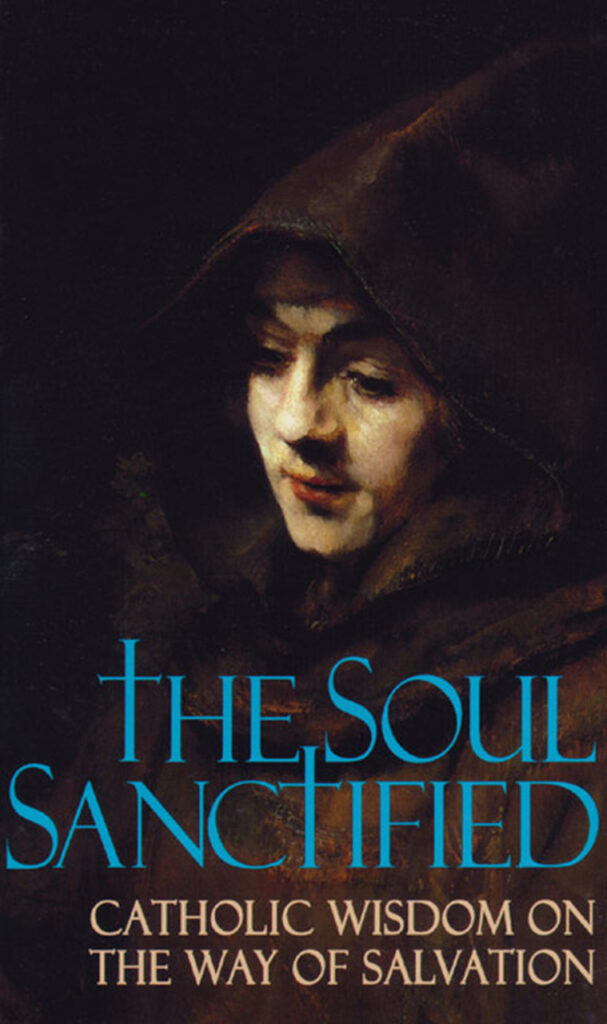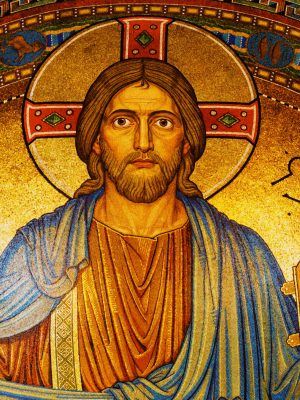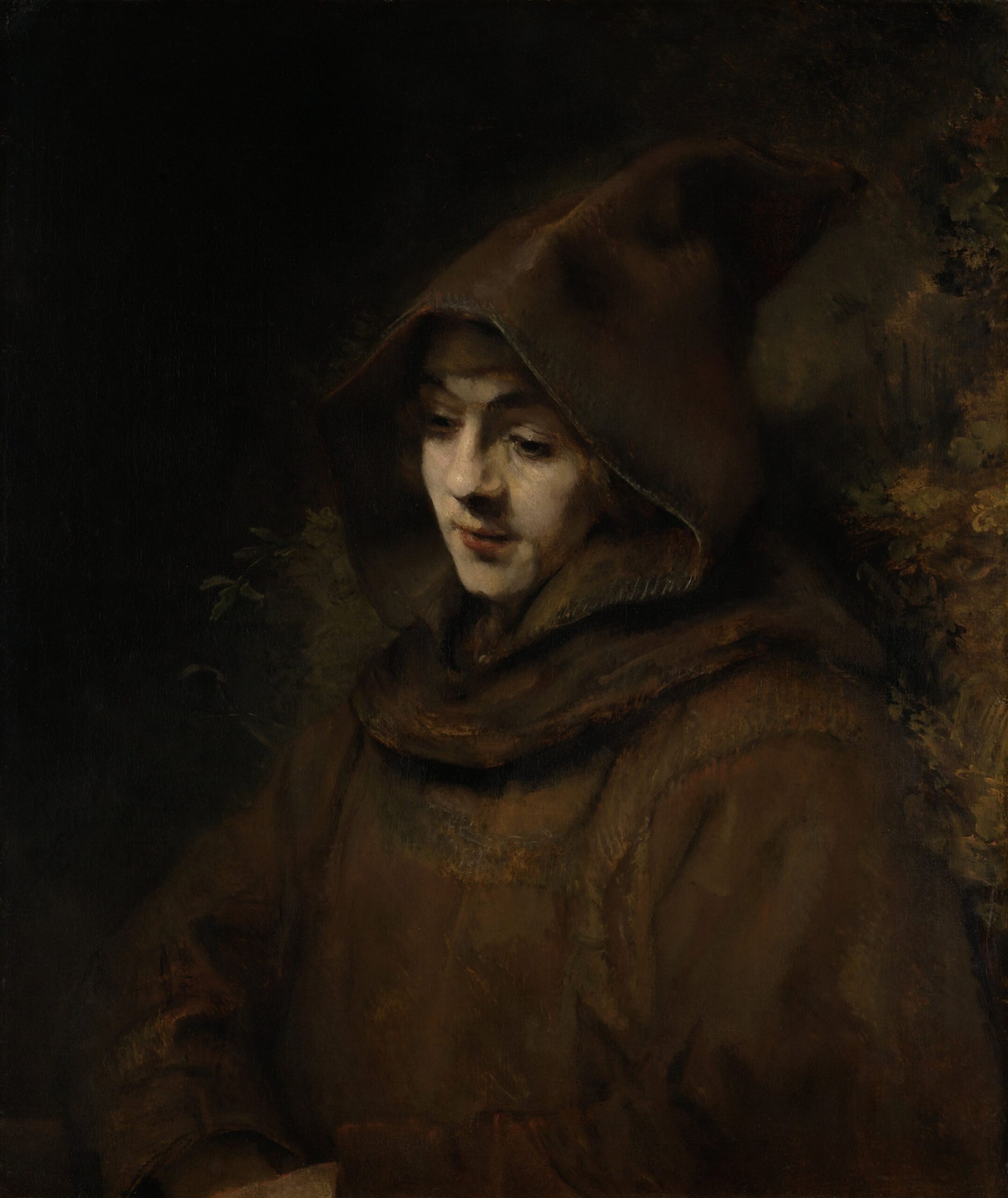“Not as though I had already attained.”
-Philippians 3:12
It is a common maxim of all the Saints that not to advance in the way of God is to go back. Who is there that, after having travelled homeward several days, would feel inclined to go back, particularly when he calls to mind the sentence which the Savior of the world pronounces against such a one: “No man, putting his hand to the plough and looking back, is fit for the kingdom of God” (Luke 9:62)?
These are words which should make us tremble, and the great St. Austin says of them: “We cannot possibly prevent ourselves from descending but by always striving to ascend, for as soon as we begin to stop, we descend. Not to advance is to go back, so that if we wish not to go back, we must always run forward without stopping.” St. Gregory, St. Chrysostom and St. Leo, as well as many other Saints, say the same and express themselves almost in the same words.
But St. Bernard enlarges on this subject in two of his epistles, wherein, addressing himself to a negligent and tepid religious who contents himself with leading an ordinary life and struggles not for his advancement, he discourses with him in the following dialogue: “Well! Will you not advance? No? What then? Will you go back? By no means! What will you do, then? I will remain as I am and grow neither better nor worse. Then you will do what is impossible, for in this life there can be no state of permanence.”
This is a privilege appertaining to God alone, “with whom there is no change nor shadow of vicissitude” (James 1:17). “I am the Lord,” says He, “I change not” (Mal. 3:6). But all things in this world are subject to a perpetual change. Jesus Christ Himself, as St. Bernard adds, as long as He lived here on earth and conversed with man, was never stationary: “He grew in wisdom, and age, and grace with God and men” (Luke 2:52).
That is to say, as He grew in age, He gave more signal proofs of His wisdom and holiness and prepared Himself as a champion to run His race of labor and suffering. St. John also declares that “he that saith he abideth in Him, ought himself to walk even as He walked” (1 John 2:6). But if, while our Savior runs on, you stop, is it not clear that you will remain behind Him, instead of approaching near Him?
Holy Scripture (Gen. 28:12) tells us that Jacob saw a ladder reaching from earth to Heaven, on the top of which Almighty God leaned, and that it was full of Angels ascending and descending perpetually without ever resting. Now, according to St. Bernard, this is to show us that in the way of virtue, there is no medium between ascending and descending, between advancing and going back.
Cassian explains this by a very just comparison, which St. Gregory likewise makes use of: Those who lead a spiritual life, he says, are like a man in the midst of a rapid river. If he stops but for a moment and strives not continually to bear up against the stream, he will run great risk of being carried down. Now the course owe ought to take us so directly opposite to the current of our nature, corrupted by sin, that unless we labor and force ourselves to go on, we shall certainly be hurried back by the impetuous torrent of our passions.
“The kingdom of heaven suffereth violence, and the violent bear it away” (Matt. 11:12). And as, when you go against the tide, you must always row without ceasing, and when you stop but for awhile, you find yourself drifted far from the spot you had rowed to, so here below you must still push forward, and make head against the current of your depraved passions, unless you be content to see yourself quickly carried far back from that degree of perfection which you had before attained.
This article is taken from a chapter in The Soul Sanctified: Catholic Wisdom on the Way of Salvation which is available from TAN Books.









